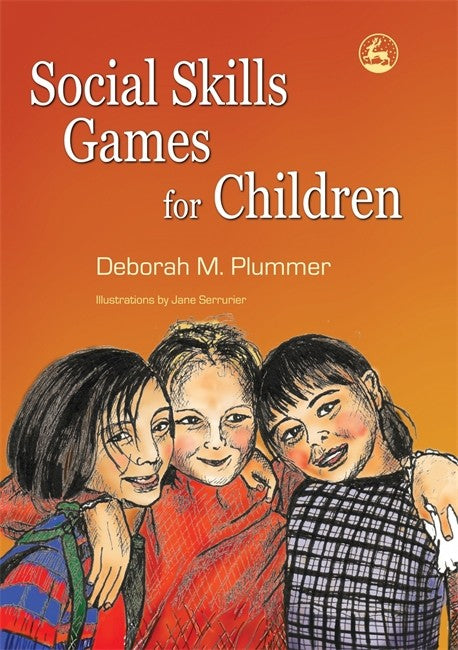Description
Foreword by Professor Jannet Wright, Head of the Speech and Language Therapy Division, De Montfort University. Part One: Theoretical and practical background. 1. Introduction. 2. Understanding social skills. 3. Why use games to support social skills? 4. Structuring the emotional environment. 5. Transfer and maintenance of skills. 6. Self-reflection and self-care. Bibliography. References. Part Two: Games for social skills. 7. Non-competitive ways to choose groups and group leaders. 8. Getting to know each other: warm-ups and ice-breakers. 9. Staying on track: self-awareness and self-control. 10. Tuning in: exploring effective listening and effective observation. 11. More than lust talking: communication skills. 12. You and me: exploring feelings and developing empathy. 13. You and me together: building cooperation and negotiation skills. 14. Got it! Solving problems in group interactions. 15. Wind-downs and celebrations. Appendix. Subject index. Author index. Acknowledgements.

